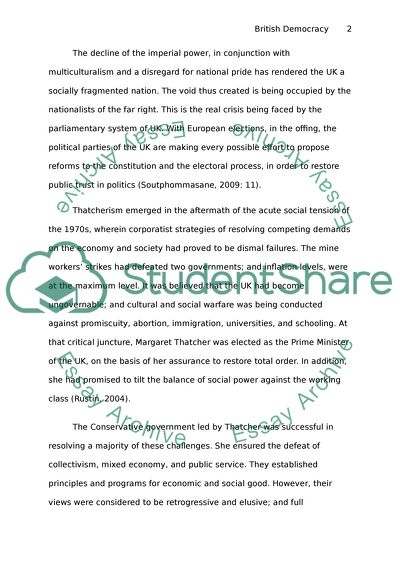Cite this document
(“Is there still a viable Social Democratic tradition in British Essay”, n.d.)
Is there still a viable Social Democratic tradition in British Essay. Retrieved from https://studentshare.org/miscellaneous/1559738-is-there-still-a-viable-social-democratic-tradition-in-british-politics
Is there still a viable Social Democratic tradition in British Essay. Retrieved from https://studentshare.org/miscellaneous/1559738-is-there-still-a-viable-social-democratic-tradition-in-british-politics
(Is There Still a Viable Social Democratic Tradition in British Essay)
Is There Still a Viable Social Democratic Tradition in British Essay. https://studentshare.org/miscellaneous/1559738-is-there-still-a-viable-social-democratic-tradition-in-british-politics.
Is There Still a Viable Social Democratic Tradition in British Essay. https://studentshare.org/miscellaneous/1559738-is-there-still-a-viable-social-democratic-tradition-in-british-politics.
“Is There Still a Viable Social Democratic Tradition in British Essay”, n.d. https://studentshare.org/miscellaneous/1559738-is-there-still-a-viable-social-democratic-tradition-in-british-politics.


